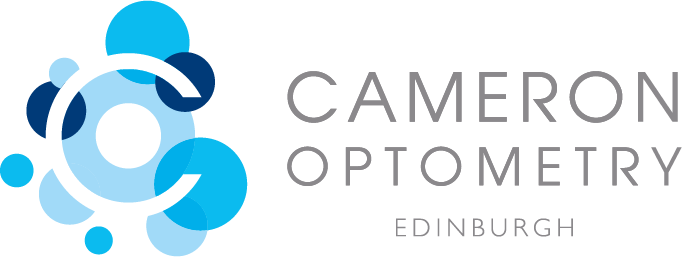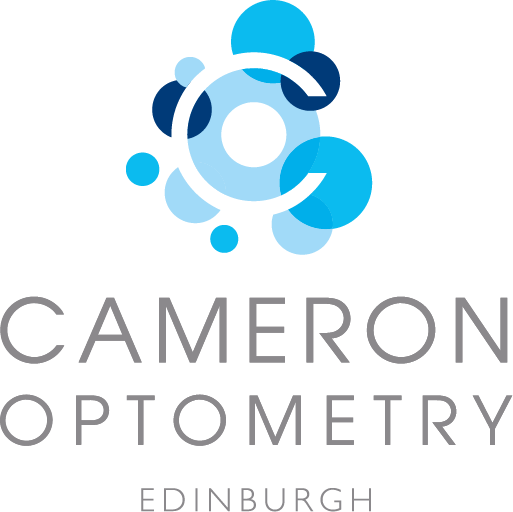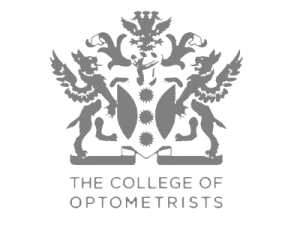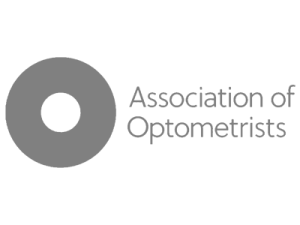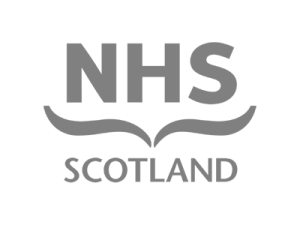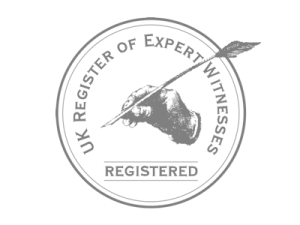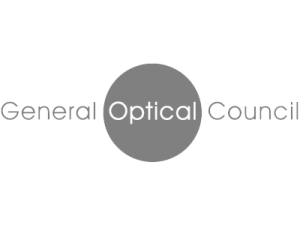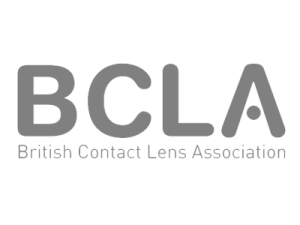According to a recent report by Which? two out of five eye tests in their research sample were not up to scratch. Although independent optometry practices did very well in the research, the overall results were disappointing, and concerns have been raised that the findings may put the general public off having eye examinations. This is particularly worrying as we already know that there are high numbers of people who do not have their eyes examined regularly.
In this investigation the sample size was disappointingly small, with only 30 optometrists from across the UK being involved. The article suggested that opticians had issued inaccurate prescriptions, missed important tests or failed to warn about health risks. Before we go on, it is quite possible for prescriptions to be subtly different, or be written in different ways without being wrong, something that the article does not address. However rather than focus on the flaws of the research, we will take the opportunity to highlight what you should consider when selecting an optometrist to ensure your eye test is of the high standard.
It is true that not all eye examinations are created equal. However, how are you expected to know what is a thorough exam and what you have been tested for? We won’t go into detail about all the tests we perform but here is a quick guide to what to consider when selecting your eye care provider.
Expertise, time and technology are three elements we would encourage people to consider when they are selecting an optometrist.
Expertise: How qualified and experienced is your optometrist? Don’t be afraid to ask. Scotland boasts some of the most highly experienced optometrists in the UK, and beyond. Optometrists with specialist expertise in numerous eye conditions. So, for example if you’ve struggled with contact lenses or have a specialist condition like keratoconus, you will find someone to support you and provide options. Don’t always settle with a first opinion.
Time: An optometry appointment should consist of the appropriate tests, but also an equal amount of two-way discussion, to form a full picture. You should never feel rushed and should have the time and be encouraged, to raise your questions and concerns, share family history, general medical history, as well as information on lifestyle, to ensure your optometrist can provide informed advice, and alleviate any anxieties you may have. Generally, you will find independent optometrists allow more time for routine eye examinations.
Technology: Does the optometrist have the most advanced technology available? This might include the Optos Daytona and OCT scanners to generate the highest standard of picture of the eyes, which can be used to diagnose eye conditions that may not have otherwise been seen, and to take important baseline information that can be used in the future to look for changes in the eyes. So seek out an optometrist who invests in the latest technology and uses it effectively.
At Cameron Optometry we are strong supporters of independent optometry, and were delighted to see that none of the small number of independent optometrists in the study were found to be less than satisfactory. We invest time in our highly trained and qualified staff, in the technology we use and most importantly in our patients.
Find out more about eye examinations at Cameron Optometry here.
